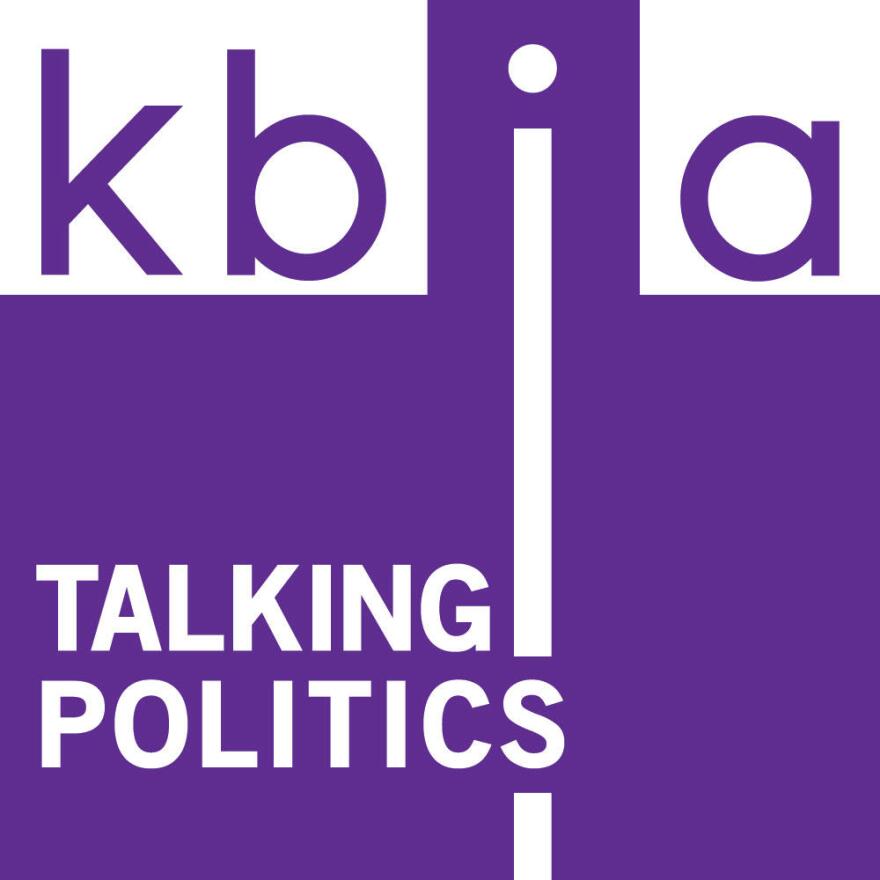Recently I caught up with my Republican and Democrat insiders – it had been a while – for their take on the 2022 election campaign. As usual, they agreed more than disagreed, and their disagreements were enlightening.
We began locally and worked our way out. Both see state legislative redistricting benefitting local Democrats. In the state house, Rep. Reisch is the only safe Republican, while the two districts entirely in the city of Columbia are safe Democratic. The northwest Boone County district is more competitive than the southern one, but Democrats could take both.
The new state senate district is entirely in Boone County and both agree therefore that it now leans Democratic (blue city, red county). Both have heard that the unsuccessful 2016 and 2020 Democratic candidates, Steven Webber and Judy Baker, are interested.
Both believe former state representative Kip Kendrick will win the county presiding commissioner race.
Both agree that congressional redistricting was a hot mess, with the splitting of Boone County especially gruesome. Rep. Walsh withdrew and Taylor Burks had to move. The power dynamics in the General Assembly played out until the last minute, when further delay would have pushed redistricting into the courts. Republican supermajorities were able to dilute the Democratic vote in the Third and Fourth Districts to the extent that both should be able to survive even a massive future Blue Wave. There are now exactly zero competitive congressional districts in Missouri.
The open U.S. Senate seat is the marquee race. The Republican thinks Rep. Hartzler is ahead. The Democrat thinks former governor Eric Greitens is ahead, and I agree. It’s tough for one of eight congressmen to overcome the statewide name recognition of a former governor, even though – or maybe because -- Greitens has considerable baggage.
The other statewide office-holder, attorney general Eric Schmidt, is controversial, to say the least. A Trump endorsement would matter – a lot – but the Democrat believes Trump won’t act unless the endorsee is a clear front-runner, and there is no such candidate in the Republican primary, at least at this time.
The entry of Trudy Busch Valentine into the Democratic senate race made things more interesting, and her personal story, family history and especially her wealth might make her competitive in the general election, especially if Greitens is the Republican nominee. But so far she’s largely invisible and has only two months to campaign against Lance Kunce, who is working hard and, with his military background, has potential rural Missouri appeal.
At the national level the Republican believes the GOP will pick up 20-40 seats in the U.S. House and thereby regain the majority they lost in 2018. The Democrat thinks it will be much closer. There are very few truly competitive districts now – gerrymandering has worked its malign magic.
The Republican believes the GOP could pick up as many as four Senate seats and regain that majority. Again, the Democrat thinks it will be very close, with Democrats maybe holding the four vulnerable seats in Georgia, Arizona, Nevada and New Hampshire, and picking up Pennsylvania and Wisconsin.
The Democrat’s closing comment resonated strongest with me. He said the issue that decides the 2022 election may not even be visible yet. And he’s probably right. November is a long time. In a closely-divided electorate like ours, it won’t take much to tip it one way or the other.
We will know more in August, and we will know all in November.
Dr. Terry Smith is a Political Science Professor at Columbia College and a regular commentator on KBIA's Talking Politics.

